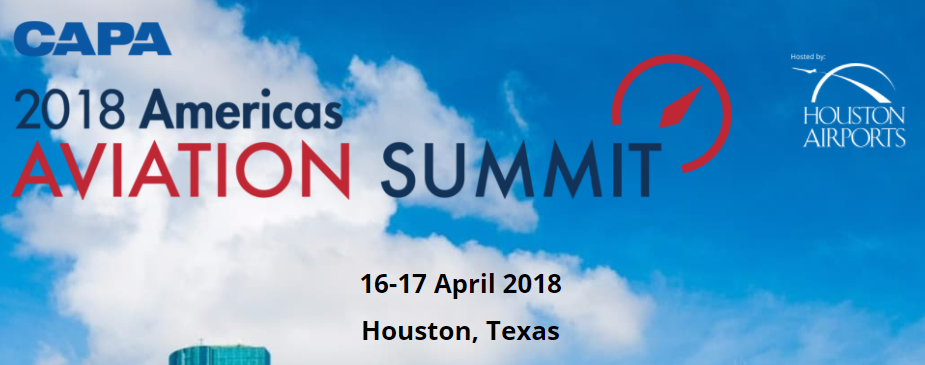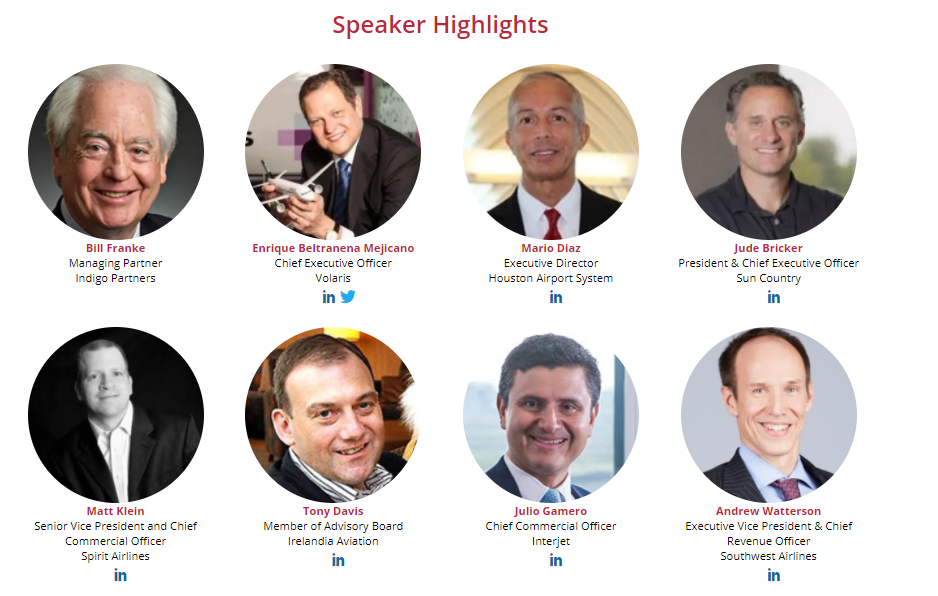Open skies not only relaxed pricing and capacity controls, but also made it possible to serve many more points behind the previously restricted number of international gateways; in doing so it reduced the proportion of beyond-gateway domestic connections on US airlines. Another by product was to enable much more extensive sixth freedom operations.
There can be little doubt however that US airlines have been the main beneficiaries of the subsequent global liberalisation. FedEx for example has a Middle East distribution hub in Dubai, where regulatory access is virtually unconstrained. And US airlines have available to them a vast array of open skies markets with fifth (and sometimes seventh) freedom rights, although they mostly choose not to exercise the rights.
As global alliances have allowed the formation of metal neutral joint ventures, notably across the Atlantic, and domestic profitability has soared, the US majors' appetite for risk has seemingly disappeared. In a broad atmosphere of economic nationalism and an uncertain Administration long term attitude to strenuous lobbying efforts from the Big 3, open skies may be challenged.
In Europe, the EU has adopted a relatively liberal stance, although there is far from unanimity among the bigger powers. France, Germany and Italy are actively more protective than the UK, which has typically led the liberalisation charge. As the UK exits the EU and its future role remains unclear, it is quite possible that the EU's position will change. It is suggested for example that the current EU-Gulf states multilateral discussions are intended simply to prevent any further bilateral access rights to the Gulf carriers while the lengthy multilateral talks are in train.
There remain many questions...
- Is the US Big 3's campaign against the Gulf Carriers (and apparent support for Canada's restrictive policy) just a re-regulation Trojan Horse?
- What is a level playing field?
- Are US airlines taking advantage of the market access opportunities they have available under existing agreements?
- As China becomes a major market, is an open skies agreement likely - or necessary, to secure JV authority?
- Is there a global trend to rolling back open skies?
This will be one of the topic areas discussed at the forthcoming CAPA- Centre for Aviation Americas Aviation Summit that takes place in Houston, USA between April 16-17, 2018.
Understanding aviation markets is CAPA's great strength and passion and this year's agenda includes a variety of topics sure to generate interest. Is there a future for open skies agreements? will be the topic of CAPA's popular 'The Great Debate' series and the discussion will close the event on the afternoon of 17-Apr-2018 within Session Five, entitled Open Skies as the skies darkens.
The high-level Americas Aviation Summit is a forum for debate and discussion of strategic issues facing the region's aviation industry and it is attracting airline and travel industry CEOs from across the Americas region, Asia, Europe and the Middle East.
It is a key time in the United States as it approaches the next generation of aviation. As consumer demands change rapidly, as infrastructure needs remain unsatisfied, and as longstanding policies are under attack, the US airlines are unprecedentedly profitable. There is much that needs to be fixed if they are not to be marooned in the present, domestically and internationally.
FIND OUT MORE... visit the CAPA Americas Aviation Summit homepage to find out more about this not-to-be-missed opportunity to discuss relevant issues impacting the US aviation sector and learn meaningful insights from your industry peers.

